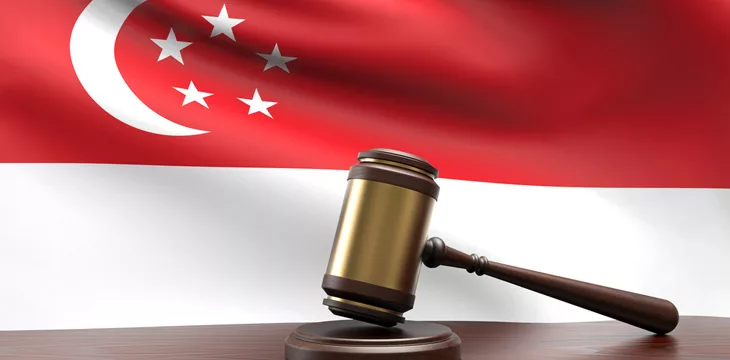|
Getting your Trinity Audio player ready...
|
Singapore is expanding its payment laws to cover digital payment tokens (DPTs) in a move that aims to protect investors and promote financial stability.
The Monetary Authority of Singapore (MAS) announced Tuesday an amendment to the country’s Payment Services Act (PS Act) to encompass virtual asset service providers (VASPs) offering a host of services in DPTs.
Under the new law, the central bank will regulate all VASPs offering DPT custody, a move that government officials have hinted at for months.
“This expansion has been in the works since 2021 and brings much-anticipated regulatory clarity to crypto custody players in Singapore,” former MAS official Angela Ang told media outlets.
The new law will also include VASPs facilitating the transfer or exchange of payment tokens, “even where the service provider does not come into possession of the moneys or DPTs.” This stipulation will pull P2P services into the MAS net.
Companies that facilitate cross-border money transfer through payment tokens, even when the money isn’t accepted or received in Singapore, will also be included in the expanded law.
“The amendments will empower MAS to impose requirements relating to anti-money laundering, countering the financing of terrorism, user protection, and financial stability on DPT service providers,” the regulator says.
The regulator will provide transitional arrangements for all the VASPs conducting business in Singapore. These companies must notify the MAS within 30 days to be covered by the arrangements. They must then file a license application within six months from April 4.
To obtain the license, VASPs must prove that they segregate customer assets and place them in trust accounts; 90% of these assets must be custodied in cold storage. Other requirements include mitigating conflicts of interest and disclosing key aspects to customers.
Additionally, VASPs must not lend or stake any of their customers’ assets.
The legal changes are not unexpected by Singaporean VASPs, says the National University of Singapore (NUS) law professor Kelvin Low. He believes that these companies knew of the impending legal amendments and that those unable to meet them left Singapore some time ago.
Singapore’s latest digital asset laws come at a time when the country is competing with other financial centers like Hong Kong, Tokyo, Zurich, and Dubai to attract blockchain firms. Hong Kong has been the most aggressive, passing friendly laws and even pushing local banks to serve VASPs, starkly contrasting mainland China’s “anti-crypto” stance.
Watch: Peer-to-peer electronic cash system—that’s micropayments

 07-09-2025
07-09-2025 





